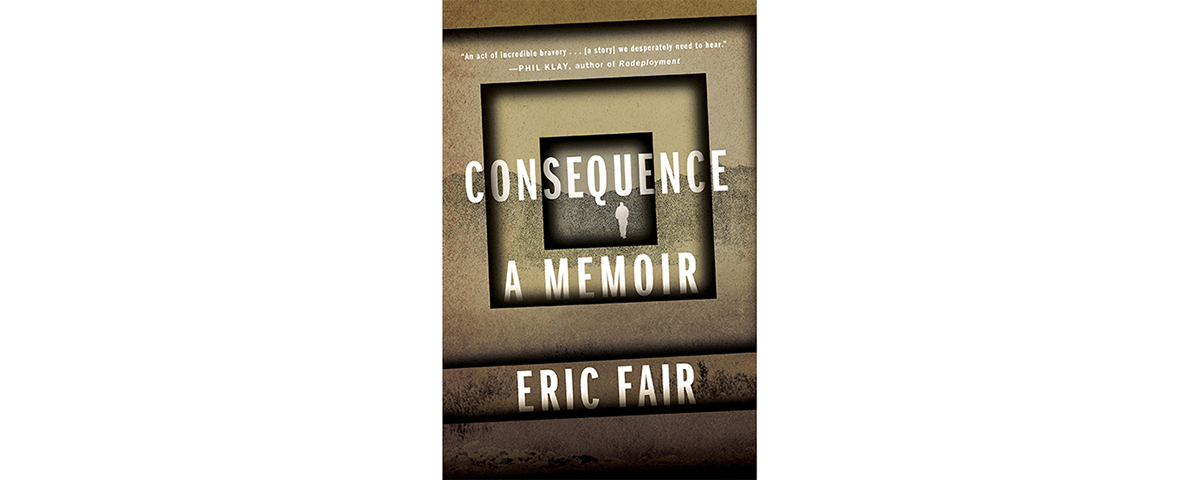Consequence: A Memoir, by Eric Fair, Henry Holt & Co., New York, N.Y., 2016, $26
Eric Fair was an interrogator at central Iraq’s infamous Abu Ghraib prison. In this splendid memoir he emphasizes he was not among those whose 2003 photographs of prisoner abuse scandalized the world. Those were guards. He was an interrogator, who strictly adhered to guidelines in the field manual (yes, there is a manual on interrogation) and the advice of superiors.
Fair was raised in a churchgoing Presbyterian family and never lost his faith. After college he aced the police civil service exam but lost out to applicants with “preference points,” so he joined the Army to earn a veteran’s preference. As the Army was oversupplied with military police officers at the time, the recruiter suggested Fair apply to the elite Defense Language Institute. He passed the entrance test and after more than a year of intense study emerged as an Arabic linguist.
Discharged in 2001, he became a civilian police officer and then applied to the DEA. To his dismay he was rejected when the pre-employment physical revealed a rare, severe heart condition. Confined to a desk yet yearning to join the war, he learned that private contractors were snapping up people with his skills. Hired with no background check or exam, he was sent to Iraq and assigned to Abu Ghraib. Fair had no training and scant experience in interrogation, but his language skills and experience as a police officer placed him far ahead of many veteran interrogators who had learned on the job.
In the Hollywood film of this book there would be bad Americans, who thrive on torturing suspects, and good Americans, who object. According to Fair, however, everyone at Abu Ghraib abused the prisoners. Interrogators, civilian and military, were overwhelmed. Under pressure to get useful information, Fair says, superiors urged them to be creative, and his colleagues showed him the ropes. Interrogators beat, humiliated and starved prisoners. Others were tied in excruciating positions to a device Fair calls the “Palestine chair” (reportedly out of acknowledgment that Israelis were masters when it came to interrogating Arabs). Such techniques produced useful information, but Fair grew to hate his job. Some colleagues shared his feelings. As civilians they had the option to quit, but as that would demonstrate lack of moral fiber, few did. Fair began drinking heavily. He transferred to Baghdad and Fallujah to work with fighting units, but matters there were hardly better, as ground forces often mistreated captured Iraqis. Fair did ultimately quit and return stateside, but he was plagued by alcoholism, emotional outbursts and nightmares that suggested post-traumatic stress disorder.
His heart failed, ultimately requiring a transplant, but gradually, with the help of a spectacularly supportive wife and his Christian faith, he recovered, wrote about his experiences and eventually produced this memoir. The writing is witty and eloquent. Cynics might suggest Fair mulled over his life and wrote about it so repeatedly that he finally got it right. Perhaps that is what happened, but literary brilliance aside, it rings uncomfortably true.
—Mike Oppenheim





